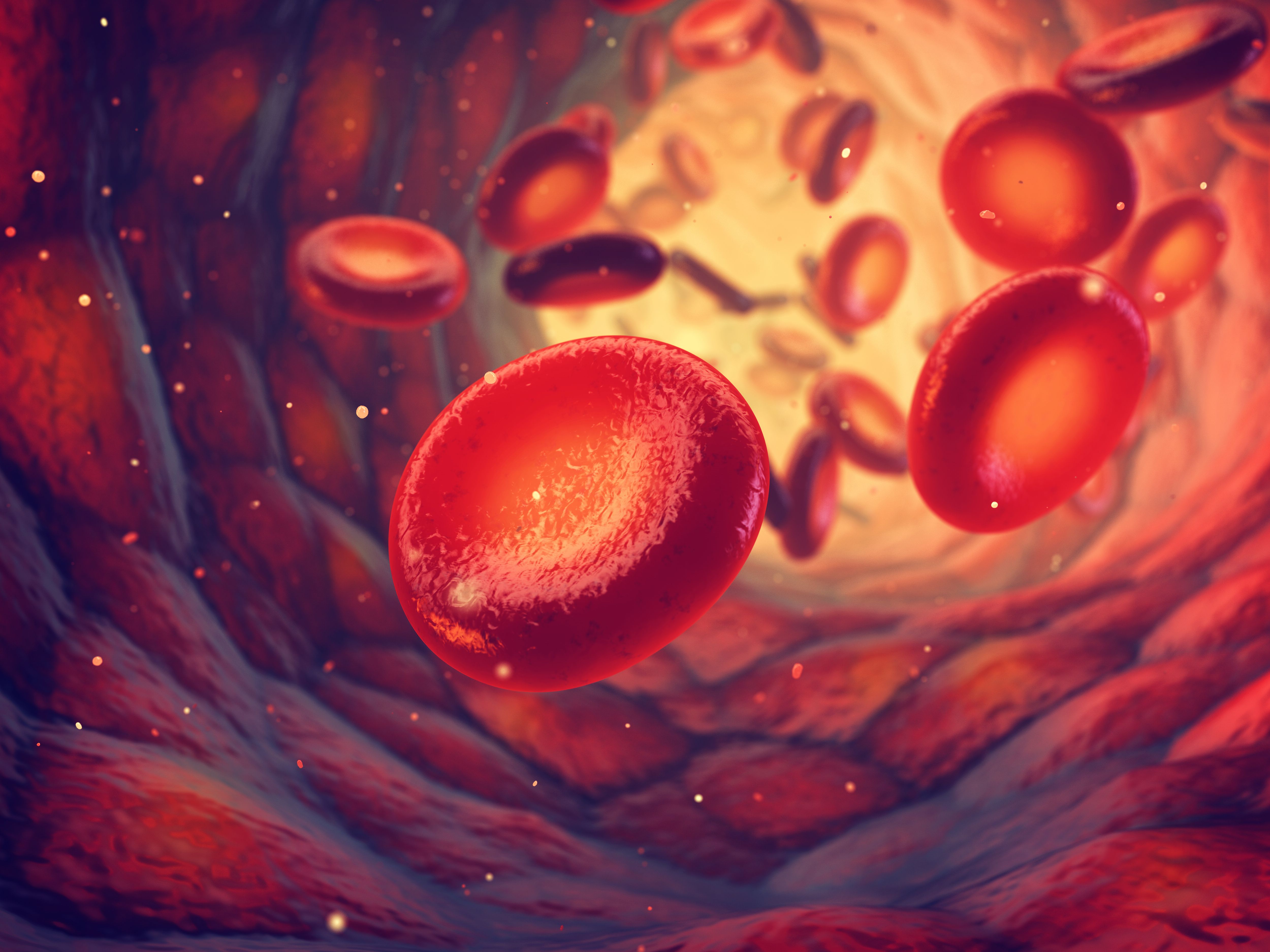New Option After Tisagenlecleucel for Patients With R/R LBCL Now in Development
Following treatment with chimeric antigen receptor T-cell therapy, patients with relapsed or refractory large B-cell lymphoma require more options. Investigators are now evaluating an interleukin-17 agent.

In a phase 1b clinical trial, the first patient with relapsed or refractory (r/r) large B-cell lymphoma (LBCL) has been dosed with efineptakin alfa (NT-17) following treatment with the chimeric antigen receptor (CAR) T-cell therapy, tisagenlecleucel (Kymriah), according to a press release issued by NeoImmuneTech, Inc.1
"We have shown in multiple animal models that the addition of NT-I7 to CAR T cells substantially increased CAR T-cell proliferation, persistence, and target-specific tumor killing, resulting in significantly prolonged survival of the treated animals," said NgocDiep Le, MD, PhD, executive vice president, and chief medical officer, NeoImmuneTech, in the press release. "Now that we have begun dosing in this study, we look forward to evaluating the potential of NT-I7 therapy to prolong clinical response and survival for patients with r/r LBCL."
The CD-19 CAR T-cell therapy tisagenlecleucel is FDA approved for the treatment of adult patients with relapsed/refractory LBCL including diffuse large B-cell lymphoma (DLBCL), high-grade B-cell lymphoma, and DLBCL arising from follicular lymphoma—after 2 or more lines of systemic therapy. Efineptakin alfa is a long-acting human interleukin-17 (IL-17) agent, which enhances memory T-cell development to help patients maintain immune responses.
“While CAR-T cell therapies have revolutionized the way we treat multiple hematologic malignancies, the relapsed or refractory illness still impacts many patients with LBCL who are in need of additional treatment options. By advancing this Phase 1b study, we hope to pave the way for a new therapeutic solution that could enhance the clinical impact of Kymriah alone and ultimately improve patient outcomes,” said Hwan Yang, PhD, president, and chief executive officer, NeoImmuneTech, Inc, in the press release.
In the study, an estimated 57 patients will be enrolled and given efineptakin alfa via intramuscular injection 21 days after tisagenlecleucel. The primary end points of the study include safety/tolerability and determining the maximum tolerated dose and recommended phase 2 dose of the investigational drug. As secondary end points, the study is evaluating preliminary anti-tumor activity and the effect efineptakin alfa has on safety when administered after tisagenlecleucel infusion.2
To be eligible for inclusion, patients aged 18 years or older with r/r LBCL must have an ECOG performance status of 0 to 1, measurable disease, a life expectancy of at least 12 weeks, and adequate organ and marrow function. All patients enrolled must consent to biopsies.
Individuals are excluded from the study if they have grade ≥ 2/3 cytokine release syndrome (CRS) or immune effector cell-associated neurotoxicity syndrome (ICANS) after receiving
tisagenlecleucel, recent autoimmune disease history, central nervous system involvement, active and clinically relevant bacterial, fungal, viral, or TB infection, and other condition that may interfere with treatment. In terms of prior therapy, patients are ineligible to enroll if they received prior CD19-directed therapy, concurrent chemotherapy, or biologic or hormonal therapy for cancer treatment.
Two sites in California and Missouri are actively recruiting patients with r/r LBCL who were treated with tisagenlecleucel to receive efineptakin alfa in the study.
References:
1. NeoImmuneTech announces first patient dosed in phase 1b study of NT-I7 (efineptakin alfa) and Kymriah® (tisagenlecleucel) in relapsed/refractory large b-cell lymphoma. News release. October 13, 2021. Accessed October 19, 2021. https://bit.ly/2Z2lvbQ
2. A Study to evaluate the safety, tolerability and preliminary anti-tumor activity of NT-I7 (Efineptakin Alfa) post-tisagenlecleucel (Kymriah®) in relapsed/refractory large b-cell lymphoma subjects. Clinicaltrials.gov. Accessed October 19, 2021. https://bit.ly/3pjrzI2